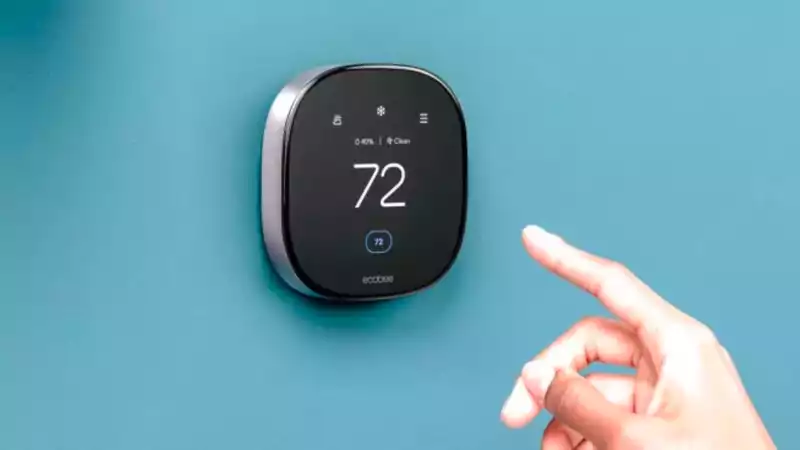Utility costs are soaring in the U.S. as the heat wave hits and the majority of the population runs their air conditioners at full blast.
However, the U.S. Department of Energy is offering guidelines that seem a bit counterintuitive to those trying to keep costs as low as possible while beating the heat.
The official guideline for keeping cool and minimizing costs is to set home temperatures higher when no one is home and to keep them as high as possible within comfortable limits while occupied.
How does this work in practice? According to the government-affiliated Energy Star program, the temperature should be kept at 78 degrees Fahrenheit (25.5 degrees Celsius) when home, 82 degrees Fahrenheit (27 degrees Celsius) when sleeping, and 85 degrees Fahrenheit (29.4 degrees Celsius) when away from home.
This sounds odd. If I set my thermostat to a lower temperature, it must cool my house faster, right? Unfortunately, it does not. Air conditioners can only cool a house 15 to 20 degrees above the outside temperature, and if you lower the temperature below that, you just burn more money and get less and less in return. Besides, the higher the temperature inside the house, the slower the heat coming into the house.
In other words, on a 100-degree day, one might intuitively set the thermostat to 65 degrees.
"The smaller the difference between indoor and outdoor temperatures, the lower the overall cooling costs," the Department of Energy explains.
By turning up the thermostat 7 to 10 degrees for eight hours a day, "you can save as much as 10% per year on heating and cooling costs," the site adds. However, it adds that this savings is "greater for buildings in warmer climates than those in more severe climates."
This guidance has been in government advice for years, and its counterintuitive nature has always caused much consternation from homeowners. But with energy prices skyrocketing, it would be better for their wallets to follow the experts on this matter.
If you want help keeping cool while saving money, be sure to check out our tips for 10 ways to lower your energy bills this summer and our recommendations for the best smart thermostats and best smart air conditioners.
You'll also want to know how to cool your room in a heatwave and how to sleep better in a heatwave.










Comments